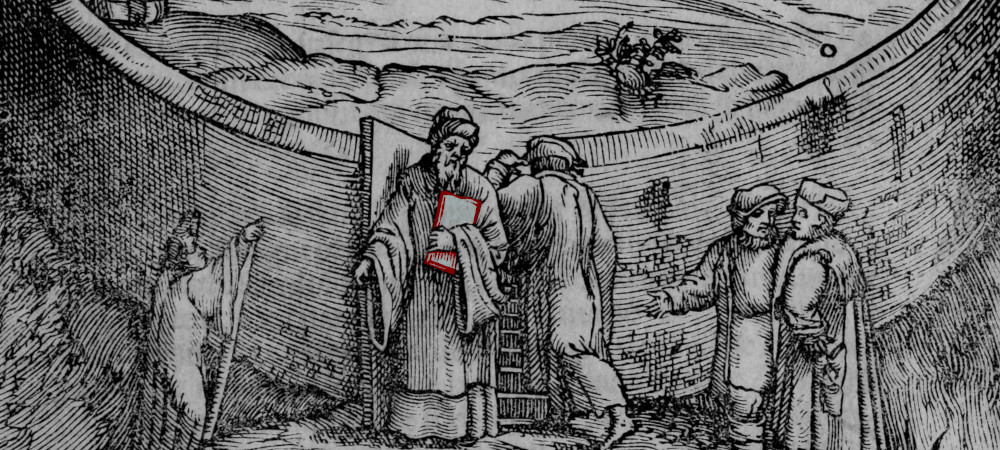Conservatism and Ideology
Describing the political landscape in terms of “left” and “right” certainly has its conveniences and perhaps even some real advantages, but it also encourages us to think of these views as symmetrical and spread out along just one dimension. People sometimes try to overcome this by creating a familiar four-quadrant diagram with two dimensions. This doesn’t help much, however, because it merely expands the the discussion from one dimension to two, and this relies on simplistic answers given to a few questions. Even if we expand this further to a more sophisticated statistical model and a larger survey, we are still approaching political affiliation as essentially a propositional affair.
This may be fair for a number of modern political movements which explicitly present themselves in manifestos. Liberalism as much as communism or fascism can, perhaps, be captured by a list of principles to be ratified. Ironically, one of the few notions from Marx that I am willing to call helpful is the notion of “ideology.” As people frequently use this term, it simply stands as a synonym for “philosophy” or “semi-sophisticated-word-that-sounds-like-it-has-something-to-do-with-ideas.” As Marx uses the word, however, an ideology is an all too simple view of the world that claims to understand everything in a few easy to understand dogmas and can be transmitted through propaganda and the mindless repetition of slogans. Thanks to Jordan Peterson, this usage is seeing a resurgence.
At some level, ideologies must always dominate democratic constitutions. Because democracies place political power into the hands of whatever position or candidate can gather a critical mass of votes, power must always go to that which can be expressed to a great mass of men and bring them to some kind of agreement. Try getting five friends to agree on a restaurant and you may see the use of slogans. This must necessarily be something simplistic, something that can fit on signs and bumper stickers.
At a deeper level, however, most people have more complex and nuanced views of the world than the slogans they have supported (even repeated) for the sake of a pragmatic victory. I say, “most people,” but I worry that without great caution and greater courage we risk a slide into the slogans we support until, like Sheol, they swallow us whole. Hence my discomfort with “left” and “right.” While conservatism at its worst certainly has its slogans, conservatism at its best becomes a form of love.
Conservatism looks upon even the most sophisticated political ideologies with horror because they all presume to comprehend human life—other people’s real human lives—under their totalizing rationalism.
Instead, conservatism should be seen as a set of sentiments: a sense of loyalty to place and custom, an affection for one’s hometown and beautiful things easily destroyed, a sense of piety and reverence for that which is sacred, and humility before the living wisdom of one’s ancestors. Certainly, these sentiments will bubble up into philosophical claims, as they do in men like GK Chesterton, CS Lewis, Russel Kirk, or Roger Scruton, but such claims begin in such men as sentiments, as an orientation of love toward an awesomely variegated world.
